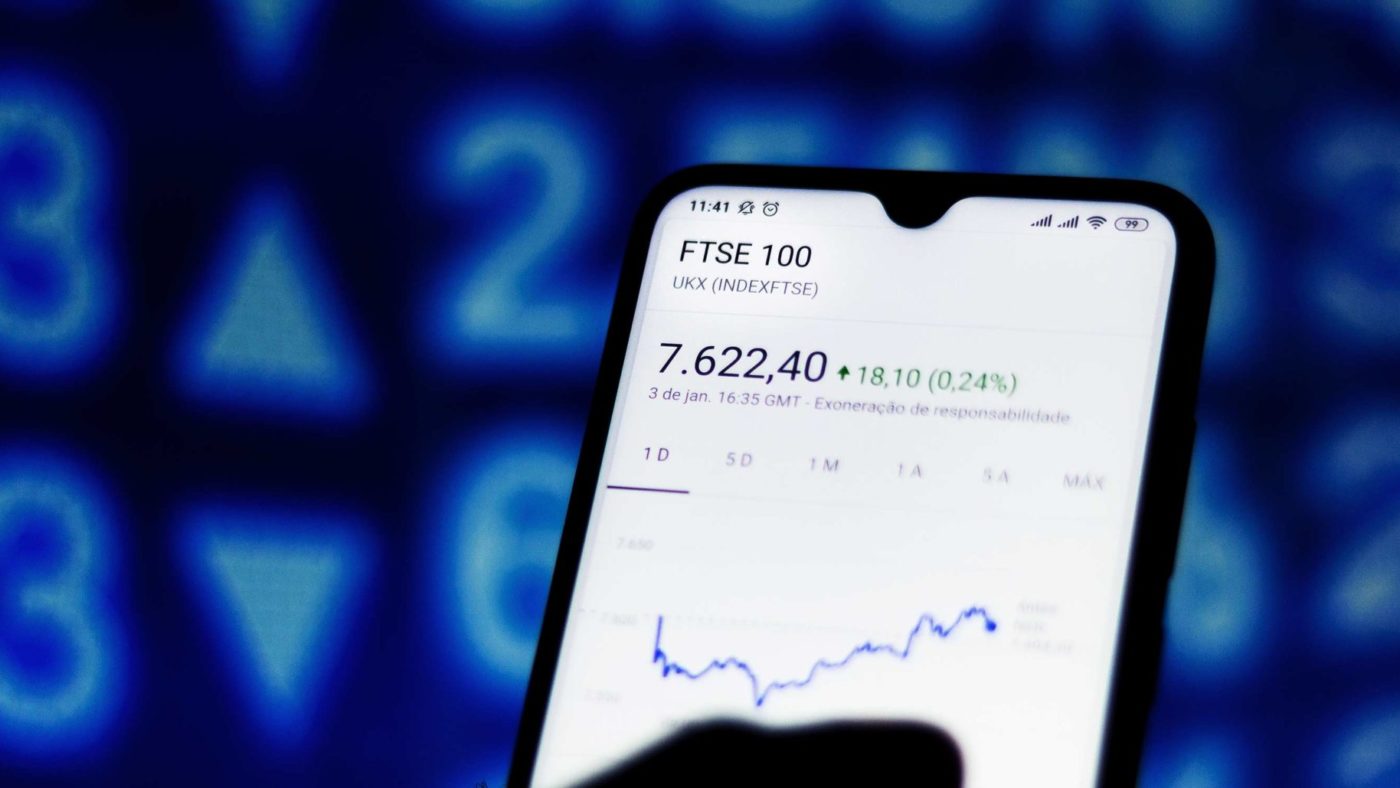The world’s going to pot, the economy’s suffering the worst contraction in recorded history, people are dying in their tens of thousands – and the stock market is up. It just goes to show that the capitalists will try to profit from anything, huh? Given that I’m not Owen Jones I’ll not now call for revolution, rather, point out why this might be the case.
At root, prices are information – the considered opinions of people about, well, about what prices should be. The fact you actually have to spend money to influence them means people with skin in the game tend to make decisions about what they actually believe, rather than what might be socially or politically acceptable.
Economists call these decisions ‘revealed preferences’ rather than ‘expressed’ ones, such as what you might tell a survey you intend to do. As with so much, this is just economics offering a posh name for a time-honoured observation, in this case that talk is cheap and actions matter.
So what was the aggregate and average considered view of the markets before the crisis hit? For the UK – ignoring the poor benighted eurozone – it was that the future looked pretty rosy. Sure, there was no gargantuan boom going on but unemployment was at generational lows, employment to population ratios higher than we’ve ever recorded them. Some small stuff to sweat, certain inequality measures perhaps higher than optimal, other more important ones – inequality of consumption for example – being lower than at any time in history. Trading rules with the neighbours still needed to be worked out but by and large this free market capitalism ameliorated by a welfare state seemed to be working out.
As a result the FTSE100, one stock market index, bounced around between 7,000 and 7,500. Then came those whispers of a plague from the East and that measure started to decline. The whirlwind landed and it fell below 5,000, since when it has been rising again. It’s this rise that irritates a certain type of person, given that it’s happening against a backdrop of huge anguish, both health-related and economic. That irritation is misplaced, however. It’s simply a sign of how people think the future is going to play out, not a commentary upon the conditions people are facing at present.
Why, we might wonder, is there any optimism at such a bleak time? We know that, yes, people are dying and that the economy is closed to all intents and purposes. We also know that the death rate, though undoubtedly grim, is not the Black Death, nor Justinian’s plague.
More to the point, investors tend to look much further forward than the general public, who are fed a diet of day-to-day media drama that obscures the bigger picture. In this case the big picture is that much of the economy will be open again in six week’s time – or three months at least. In two or three years’ time the economy will likely be the same size it was, perhaps larger even, and in a decade all will be substantially richer than they are now.
A share price is the net present value of all income from that stock in the future. Given the market discount rate (6 or 7% as a good guess) what happens three decades out doesn’t impact upon prices today very much. This is the very problem we have with climate change, that using that market interest rate to discount the future means that the far future has little value now.
What’s happened to the stock market in recent months should not be a huge surprise. Shares and stock indices always drop when that first hint of a recession appears over the horizon, then start to rise once we’re in one. For once we’re in we have a pretty good idea of how bad it will be and that the future will be brighter. This is just what happens every time with a crisis, however bad things seem now, people can see that they will get better.
And if you prefer an alternative explanation, the capitalists fixed ‘the system’ so that they would lose vast amounts of money in a short space of time and then very slowly start to recoup their losses – doesn’t make a whole lot of sense, does it?
Click here to subscribe to our daily briefing – the best pieces from CapX and across the web.
CapX depends on the generosity of its readers. If you value what we do, please consider making a donation.


